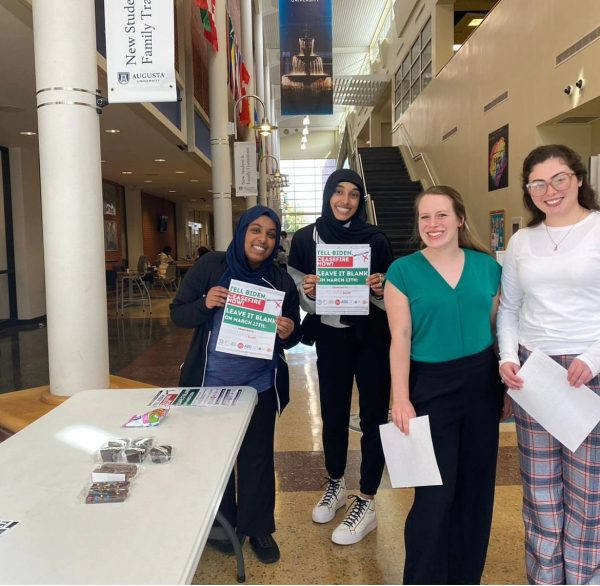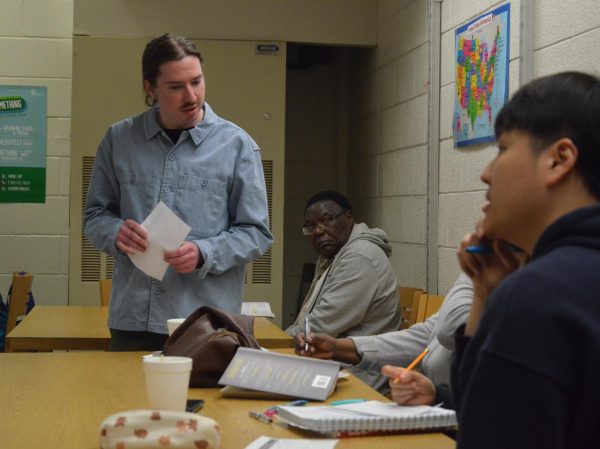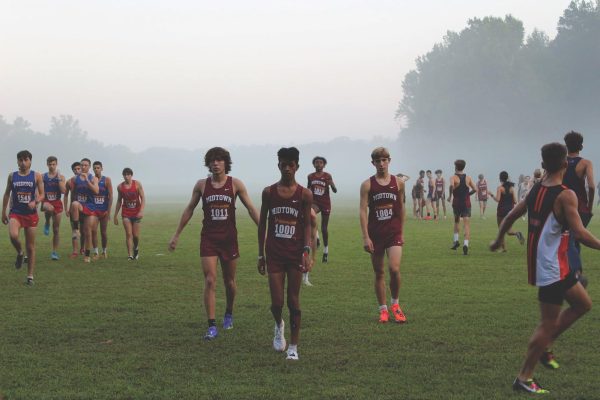Students report language programs as ineffective
Inside Atlanta Public Schools’ elementary schools, years before students arrive at Grady as high school freshmen, one can find some six-year-olds simultaneously learning the English alphabet, sitting in Spanish classes and chanting “rojo, azul, verde” as a teacher holds up colored cards.
Some students stuck with Spanish, taking the language throughout elementary, middle and high school. However, even after 10 years of Spanish classes, students still do not feel as though they have a firm grasp on the language.
According to a Southerner survey, 57 percent of the 21 students in the 2017-2018 AP Spanish class have taken Spanish classes for over 10 years, and only 33 percent say they are able to hold full conversations in the language.
“Not everyone is eager to become bilingual, to learn another language,” said Liliana Ortegon, a Spanish instructor at Grady who has been teaching for 10 years. “That’s the challenging part. If the student is really motivated, and they spend time outside the school practicing and doing extra things with the language, they are fairly functional.”
If a student is unable to immerse themselves in the language outside of a school setting, becoming fluent by the end of high school is a very difficult task. However, there are some students who have had the opportunity to leave the country and immerse themselves in the language.
“I think I’m fluent at this point, but that’s mostly because I lived in Mexico for a year,” said junior Crispin Gambill, who has taken Spanish since Kindergarten. “I’m not sure how much the classes have done in that respect. We go back and stay in Mexico for a couple weeks every once in a while just to keep it up and talk in Spanish.”
Similar sentiments are expressed in the AP French class. Sophia Pozo, an exchange student from Spain, has only studied French for six years, but because of her immersion experience, she is fluent in the language.
“I went to France when I was 13 years old for an exchange program, and I stayed with a French family for a week,” Pozo said. “The best way to learn and understand a language is to just go there and speak it 100 percent of the time. Very few people in my French classes have been able to have this kind of an immersion experience.”
Those who have not had the opportunity to travel to France are not confident in their skills. In the 2017-2018 AP French class, only 8 percent of the 12 students can hold full conversations in the language, according to a survey by the Southerner.
“I could possibly hold a conversation in French, but it couldn’t be too detailed. My vocabulary is a little lacking,” said senior Ben Taylor who has taken French for six years. “Honestly, I think I should be farther along, in terms of French. Middle school French classes were underwhelming. They just taught basic things, and I was even in the advanced course.”
There are students, however, who think the language classes have given them the appropriate bases to learn the languages with more work continued after high school.
“Overall, I have learned a lot especially with the essentials like vocabulary,” said junior Avery Alford, who started her Spanish classes as a freshman. “Since I think I will want to have some type of career that involves Spanish, I’m happy that I have gotten a good foundation to build on into the future.”
While there are students who will leave AP French and AP Spanish not feeling confident in the language, many students plan to continue their pursuits at the collegiate level. Fifty eight percent of the AP French students plan on continuing French in college, and 86 percent of AP Spanish students plan to continue Spanish in college.
“I’ll keep studying French in college,” Taylor said. “Learning more than one language is very important to me. I want to travel and speak the language.”
Katie is a senior and has been in the Communications pathway for 4 years. Apart from writing and editing for the Southerner, she is active in the musical...




